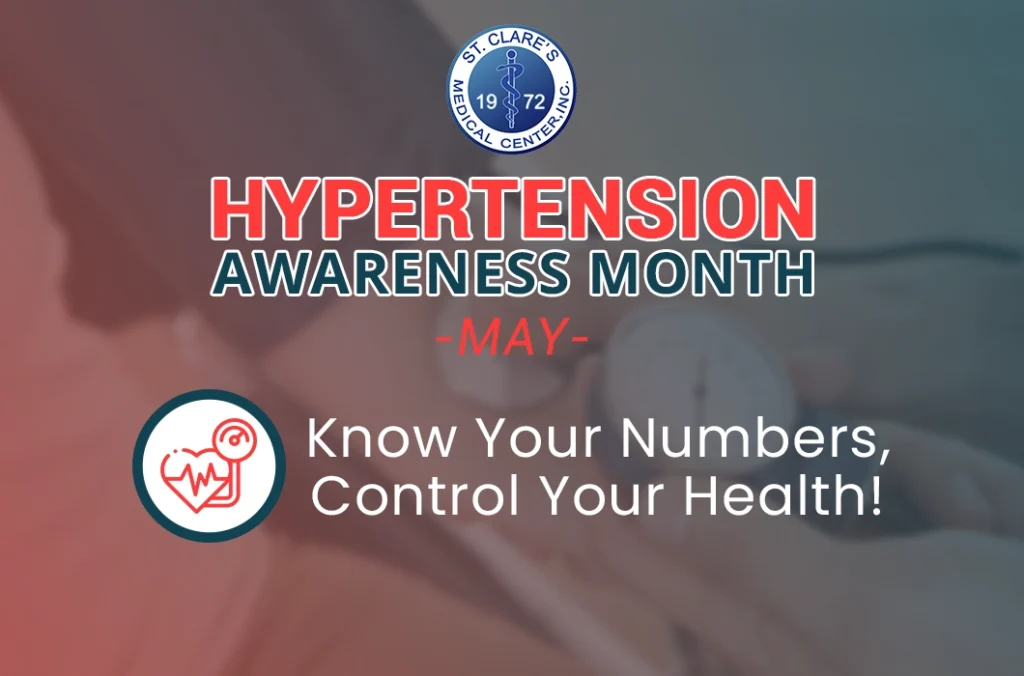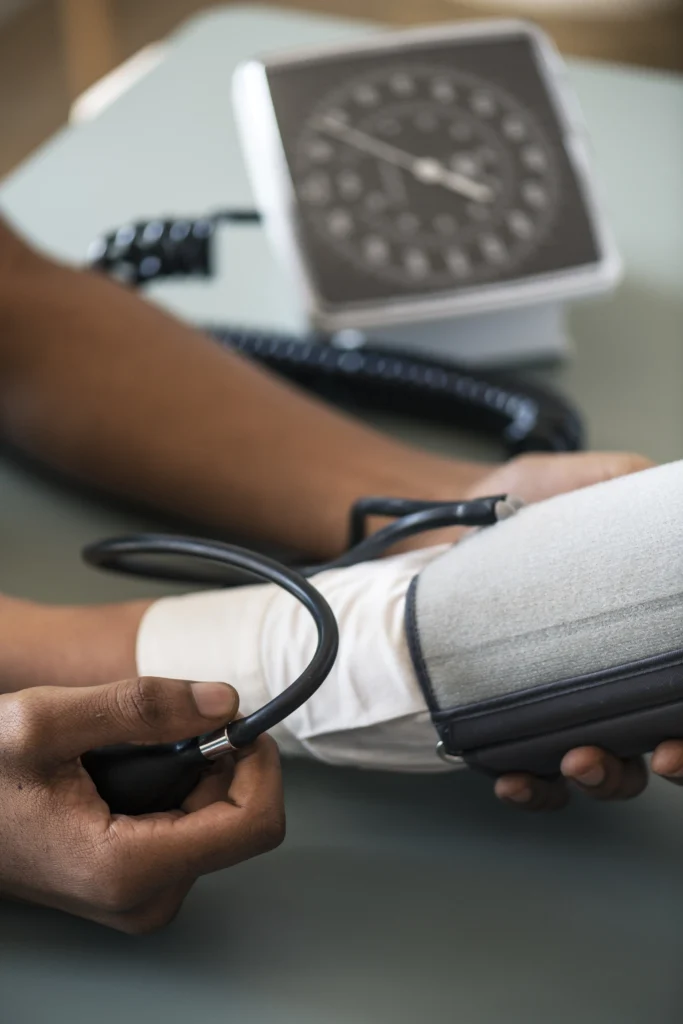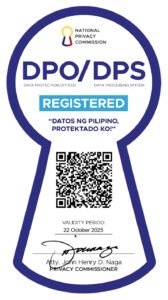
Hypertension, commonly known as high blood pressure, is a medical condition in which the force of the blood against the artery walls is consistently too high. It is measured using two numbers: systolic and diastolic pressure. The systolic pressure, the top number, indicates the force of blood in the arteries when the heart beats. In contrast, the diastolic pressure, the bottom number, measures the force of blood in the arteries when the heart is at rest between beats. A normal blood pressure reading is typically around 120/80 mmHg, while a reading of 140/90 mmHg or higher is considered hypertensive.
Hypertension is often referred to as the ‘silent killer’ because it can develop without any noticeable symptoms. This lack of symptoms means that many individuals are unaware they have high blood pressure until it is detected during a routine check-up or when it has already caused significant health damage. Regular screening is vital for early detection and management of hypertension, especially given its potential to lead to severe health complications.

Untreated high blood pressure poses numerous health risks. It can cause damage to the heart and blood vessels, leading to heart disease, heart attacks, and strokes. Furthermore, hypertension can harm the kidneys, resulting in chronic kidney disease or kidney failure. The condition also increases the risk of vision loss and can contribute to cognitive decline and dementia.
Given its insidious nature and the serious health risks associated with it, raising awareness about hypertension and the importance of regular blood pressure monitoring cannot be overstated. Understanding hypertension and its potential consequences is the first step toward taking control of one’s health. The public needs to be informed about the importance of lifestyle changes, medication adherence, and regular medical check-ups to effectively manage and prevent high blood pressure.

Regular blood pressure screening is a crucial component of maintaining overall health, especially during Hypertension Awareness Month. High blood pressure, also known as hypertension, often presents no noticeable symptoms, earning it the nickname “the silent killer.” Because of this, individuals might not realize they have hypertension until it leads to serious complications such as heart disease, stroke, or kidney failure. Regular screenings can help detect high blood pressure early, allowing for timely intervention and management.
Medical guidelines recommend that adults should have their blood pressure checked at least once every two years if their last reading was below 120/80 mm Hg. Those with readings between 120/80 mm Hg and 139/89 mm Hg should be screened annually. Individuals who are at higher risk, such as those with a family history of hypertension, those who are overweight, or individuals over the age of 40, may need more frequent checks. Regular monitoring is particularly important for these groups as they have a higher propensity for developing hypertension.
Early detection through regular blood pressure screening offers numerous benefits. It provides the opportunity to implement lifestyle changes such as improved diet, increased physical activity, and stress management, which can significantly lower blood pressure. In some cases, early detection may also lead to the early use of medication, thereby preventing the escalation of the condition and reducing the risk of severe health outcomes.
There are multiple convenient options for getting your blood pressure checked. You can visit your doctor’s office, where the readings can be part of your routine check-up. Many pharmacies also offer free blood pressure monitoring services. For those who prefer the comfort of their home, reliable blood pressure monitors are available for purchase. These devices are user-friendly and provide accurate readings, making it easy to monitor your blood pressure regularly.
By taking proactive steps in monitoring your blood pressure, you can significantly contribute to your long-term health and wellbeing. Regular screenings are a small but vital part of preventing and managing hypertension, empowering you to take control of your health.



High blood pressure, or hypertension, is a significant health concern that can lead to serious conditions such as heart disease and stroke. Fortunately, there are several proactive steps you can take to manage and lower your blood pressure effectively. Implementing lifestyle changes is crucial in this regard.
The DASH diet (Dietary Approaches to Stop Hypertension) is specifically designed to help manage hypertension. This diet emphasizes the consumption of fruits, vegetables, whole grains, and lean proteins while reducing the intake of sodium, sweets, and red meats. Additionally, incorporating potassium-rich foods such as bananas, spinach, and sweet potatoes can help balance sodium levels in the body.
Engaging in at least 150 minutes of moderate-intensity aerobic exercise, such as brisk walking or cycling, per week can significantly lower blood pressure. Strength training exercises, performed two or more days a week, can also be beneficial.
Tobacco use immediately raises blood pressure and damages blood vessels, contributing to long-term hypertension. Similarly, reducing alcohol intake can have a positive impact. Men should limit themselves to two drinks per day, while women should restrict themselves to one.
Practices such as mindfulness meditation, deep breathing exercises, and yoga can help reduce stress levels. Additionally, ensuring adequate sleep and engaging in hobbies that promote relaxation can aid in stress reduction.
Being overweight increases the risk of hypertension, so achieving and maintaining an optimal weight through a balanced diet and regular exercise is essential.
While lifestyle changes are highly effective, medication may be necessary for some individuals to achieve optimal blood pressure control. It is important to work closely with healthcare providers to develop a comprehensive plan tailored to individual needs.
Maintaining healthy blood pressure levels is crucial for a longer, healthier life. Proper blood pressure control can significantly reduce the risk of serious health conditions such as heart attack, stroke, and chronic kidney disease. These conditions are often the result of prolonged high blood pressure, which can damage the arteries and strain the heart. By keeping blood pressure within the recommended range, individuals can protect their cardiovascular system and overall health.
Hypertension, commonly known as high blood pressure, is often referred to as the “silent killer” because it typically presents no symptoms until severe damage has already occurred. This is why regular screening and early intervention are essential. When blood pressure is kept under control, the heart doesn’t have to work as hard to pump blood, reducing the risk of heart disease. Additionally, maintaining healthy blood pressure levels helps prevent the hardening and narrowing of arteries, which is a significant risk factor for both heart attack and stroke.

Our website uses cookies to provide you with the best browsing experience.
By continuing to browse our website, you agree to our Privacy Policy and accept our Cookie Policy.